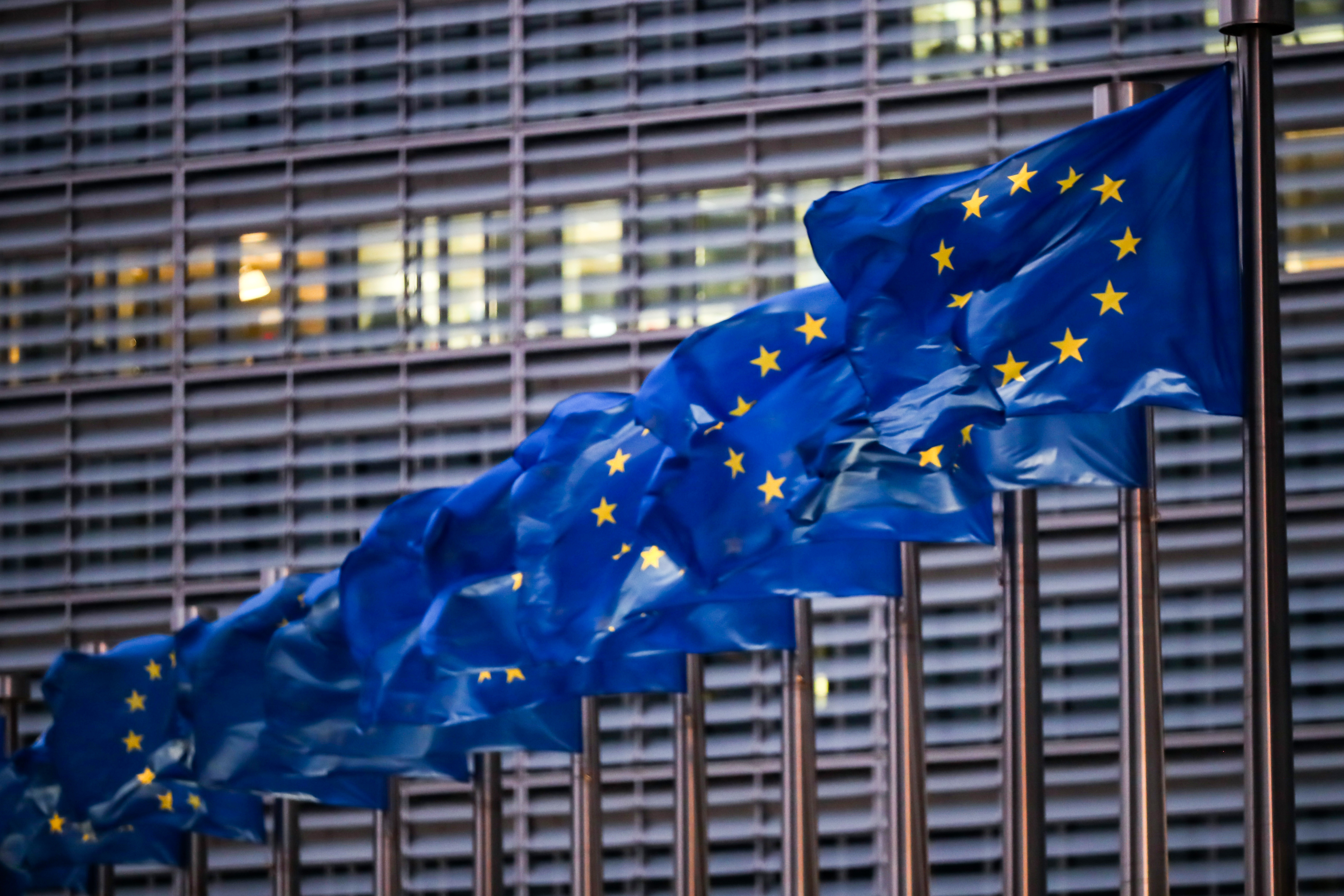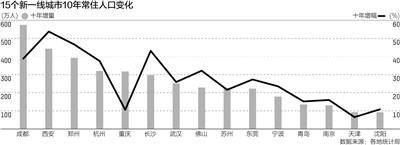 background
background
Infringement Procedure How EU law is enforced
As of: 06/09/2021 4:21 p.m.
In order to enforce the law of the European Union in the EU states, there is the infringement procedure. It can lead to heavy fines. By Christoph Kehlbach, ARD legal editors The law of the European Union is to be implemented in the EU member states. There is a formal procedure to enforce this: the infringement procedure. In extreme cases, the European Court of Justice can impose very considerable penalties as a means of pressure.
Reason: breach of obligation under the EU treaties
As a rule, infringement proceedings are initiated by the EU Commission. And then when it comes to the conclusion that a member state of the European Union is not complying with EU law. This is where the EU Commission’s designation as the “guardian of the EU treaties” comes from. Specifically, it can mean that the respective state does not transpose an EU directive into national law. Such directives regulate, for example, EU-wide consumer protection. All member states are obliged to implement them. Or that a state enacts laws that run counter to an obligation under the EU treaties. For example, because they impermissibly restrict the free movement of goods and services. The commission then first contacts the state directly. If that doesn’t help, she can ultimately bring the case to the European Court of Justice (ECJ).
 As a rule, the EU Commission initiates infringement proceedings. Image: picture alliance / dpa / XinHua It is also possible that it is not the Commission but another EU country that initiates infringement proceedings. However, he must first contact the Commission. Only if this remains inactive can this state take legal action directly at the ECJ. That happens very rarely. A prominent example of such an exceptional case was the dispute over the car toll planned by the federal government for cars that are not registered in Germany: Austria saw this as discrimination and became active after the EU Commission had not acted. Ultimately, this is how the toll came before the ECJ. This overturned her in a spectacular decision in the summer of 2019 : The court came to the judgment that the toll discriminates against citizens and companies from other EU countries and thus restricts the freedom of goods and services.
As a rule, the EU Commission initiates infringement proceedings. Image: picture alliance / dpa / XinHua It is also possible that it is not the Commission but another EU country that initiates infringement proceedings. However, he must first contact the Commission. Only if this remains inactive can this state take legal action directly at the ECJ. That happens very rarely. A prominent example of such an exceptional case was the dispute over the car toll planned by the federal government for cars that are not registered in Germany: Austria saw this as discrimination and became active after the EU Commission had not acted. Ultimately, this is how the toll came before the ECJ. This overturned her in a spectacular decision in the summer of 2019 : The court came to the judgment that the toll discriminates against citizens and companies from other EU countries and thus restricts the freedom of goods and services.
Three-step process
In the vast majority of cases, however, it is the commission itself that takes action on its own initiative. The “normal” procedure is clearly regulated: If the EU Commission sees a violation, it demands one first step write to the state concerned to comment. The country must then respond within a specified period. Usually this period is two months. Now it is at least conceivable that Brussels will be persuaded by this response letter, i.e. that it will understand that there is no violation of EU law. Then the process ends at this point. However, if the Commission comes to the conclusion after an answer that there is indeed a violation of EU law, then it gives in one second step issued an official statement. In this, the Commission justifies its view and calls on the state to ensure that the situation that is contrary to EU law is ended. Within a further period (again it is usually two months) the state must then provide information about what it has done for this purpose. If the state does not meet its duty within this period, or does so insufficiently, the commission may in a third step bring the case to the European Court of Justice (ECJ). The judges in Luxembourg then give a judgment on the matter. Such a judgment against Germany there was, for example, the beginning of June 2021 : It was about the years Exceeding limit values for nitrogen dioxide . If the ECJ is right to the Commission, i.e. if, as in this case, there has been a violation of the EU treaties, the state concerned must then take action to remedy this situation. Or prove that the illegal situation has already been eliminated.
 In infringement proceedings, the European Court of Justice decides whether EU law has been violated – and can ultimately even impose high fines. Image: picture alliance / dpa
In infringement proceedings, the European Court of Justice decides whether EU law has been violated – and can ultimately even impose high fines. Image: picture alliance / dpa
Financial sanctions possible after judgment
If a state still does not meet its obligations after such a ruling by the ECJ, the EU Commission can appeal to the ECJ again. This second court case is about financial sanctions. At the proposal of the Commission, the ECJ can then set a regular penalty payment against the state, or levy a lump sum – or combine both. The longer a state allows a violation of the EU treaties to persist, the more expensive it becomes. For example, due to data protection violations, lump-sum payments in the double-digit million range do occur – often combined with a daily penalty rate of tens of thousands of euros. Such penalties are always only the very last step.
Particularly delicate situation
The infringement procedure regarding the ECB judgment from Karlsruhe is particularly tricky: Because this is not simply a matter of Germany failing to transpose an EU legal norm into national law or failing to achieve certain benchmarks. Rather, the subject of the specific infringement proceedings is for the first time a judgment by the highest German court. To be more precise: A judgment in which the Federal Constitutional Court found that the European Central Bank (ECB) and also the ECJ have exceeded their competences . Ultimately, if the proceedings are not terminated beforehand, a curious situation could arise: the ECJ could decide whether a ruling by the Federal Constitutional Court, which certifies that the ECJ has made a massive error, violates EU law.





























































You must log in to post a comment.